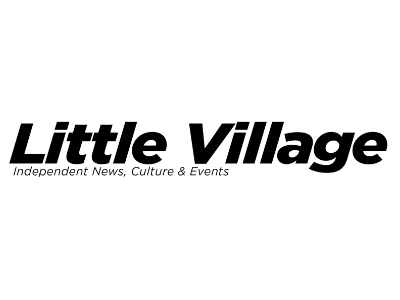
“Don’t join the book burners. Don’t think you’re going to conceal faults by concealing evidence that they ever existed. Don’t be afraid to go in your library and read every book …” ―Dwight D. Eisenhower
In its current, divisive state, Americans are doing a lot of talking at one another and very little listening on issues that need attention. One fundamental freedom is our freedom of speech, including access to books. This right is now being eroded, especially on the community level.
Banning, as a concept, has a poor historical track record. Banning the human rights of enslaved people, banning the rights of women to vote, banning access to alcohol in the early 20th century. Now this cyclical trend rears its head again in modernity, banning local, public access to information.
The book banning battle is consuming a great deal of oxygen, as both sides express moral disgust with the other. But the paradox of small-government advocates pushing for laws that limit First Amendment rights in schools demonstrates how disingenuous the conservative notion of free speech can be. It is up to parents and guardians to filter content for those whose lives they are responsible for, and it is not up to self-proclaimed gatekeepers of morality to determine what others can and cannot read.
Efforts to restrict books are among the flagship causes of the rightwing organizations Moms for Liberty, No Left Turn in Education and MassResistance — founded in 2021, 2021 and 1995 respectively — which then filter down to local Facebook groups, where the conflation of LGBTQ+ books with “pornography” and non-white stories with “wokeness” feeds the hysteria.
“These groups probably do not necessarily represent a range of beliefs from our democracy,” said Jonathan Friedman, the director of free expression and education programs at PEN America and author of a report on the issue. “So, they’re having an outsized impact in a lot of places on what it is that everybody gets to read. And that, I think, is what’s most concerning.”

PEN America estimated that at least 40 percent of the bans are linked to political pressure exerted by state officials or elected lawmakers. PEN America, Annie’s Foundation and the American Library Association are leaders in protecting America’s freedom of speech rights.
Libraries, especially on the local level, are being impacted, with boards often becoming weighted with members that place political, prohibitive agendas above community needs. This has resulted in severe consequences for the libraries, including restricting funding, firing directors and staff who won’t comply with controversial mandates and, of course, banning books.
“What we started to see was a picture of not just book banning, but a movement behind it,” Friedman said. “In a huge number of cases, these were not individuals who were responding to just a book their own child brought home, but they were people who had lists of books they had gotten online.”
The media has evolved into presenting flashpoint news, favoring events that will yield clicks and capture viewers’ attention. Does this headline-grabbing strategy allow the deep pockets funding extreme right groups to focus on more self-serving issues? Perpetuating media frenzies such as book banning often hide actions these power brokers would rather the public not notice. It’s Stage Magician 101.
Perhaps we’ll read about the consequences someday, but I’d rather be part of the writing and editing process. To do that, I need complete access to whatever I want to read to form my opinions. I want my future American culture to be as diverse, gritty, bold, accepting and empathetic as it possibly can. To do so, I need my First Amendment rights.
John Busbee is a creative project developer; host/producer of The Culture Buzz, a weekly two-hour radio program featuring a wide range of cultural and literary guests since 2007; and, served for six years on his community’s library board. This article was originally published in Little Village’s November 2023 issue.

